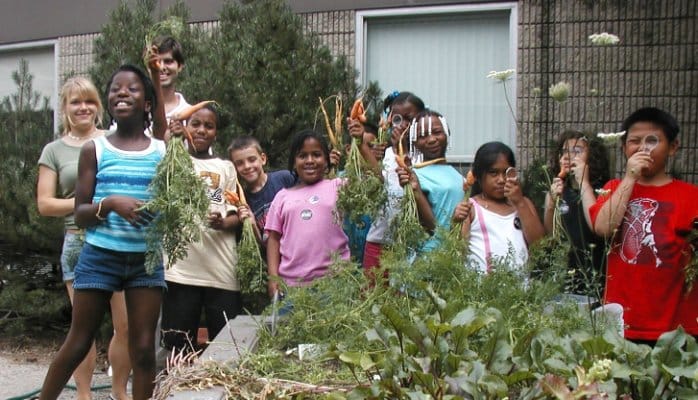|
Findings from a series of studies suggest that standardized exams and raising academic standards have not been very effective in motivating students. A report released by the National Research Council shows that almost 40% of students are chronically disengaged from their studies. This is a troubling statistic, and one that is mirrored in the opinions of teachers and administrators. According to Education Week Research Center, “While educators identified student engagement and motivation as the most important drivers of student achievement, only four in 10 of them say that the majority of students at their schools are highly engaged and motivated. Most feel that too little attention is given to promoting engagement among their students.” Alongside these discouraging statistics, we have a wealth of evidence to tell us what does motivate students:
Adapting the learning environment can also make a big difference. For instance, a range of studies have demonstrated the positive effect that school gardens can have on STEM learning. If we look specifically at student engagement, the various studies provide the following insights: The real-world application of a garden to practice math, language arts, science, and all other subjects gives students a reason to learn. Garden-based activities have the potential to engage students in a variety of ways, allowing students to incorporate their own interests and experiences into the class. The hands-on aspect of the school garden is essential in encouraging positive attitudes towards learning. These are some compelling statistics! Here is a situation, the garden, where over 90% of students feel engaged with learning, and find it enjoyable. Of course, we can't always provide education in the garden, as much as we might like to! But we can consider what is working here, and how we can create similar experiences in the classroom. In Washington D.C. and Texas, REAL School Gardens is working to bring gardens to low income schools. The organization's executive director, Jeanne McCarty, notes that gardens have been helpful not only for STEM learning, but also for language learning and descriptive writing. McCarty reports that standardized test scores have gone up 12-15 percent in schools where gardens have been installed. There has been external evaluation to verify the impact: A three-year, external evaluation of the REAL School Gardens program, conducted by PEER Associates, Inc., found 94 percent of teachers said their students were more engaged as a result of the gardens program. Additionally, 90 percent said the program made them better prepared to help students succeed. Again we see statistics showing over 90 percent positive results. It looks like school gardens get an "A" in the subject of student engagement!
1 Comment
|
Intelligence AmplifiedArchives
April 2023
CategoriesRead our magazine on Flipboard!
|


